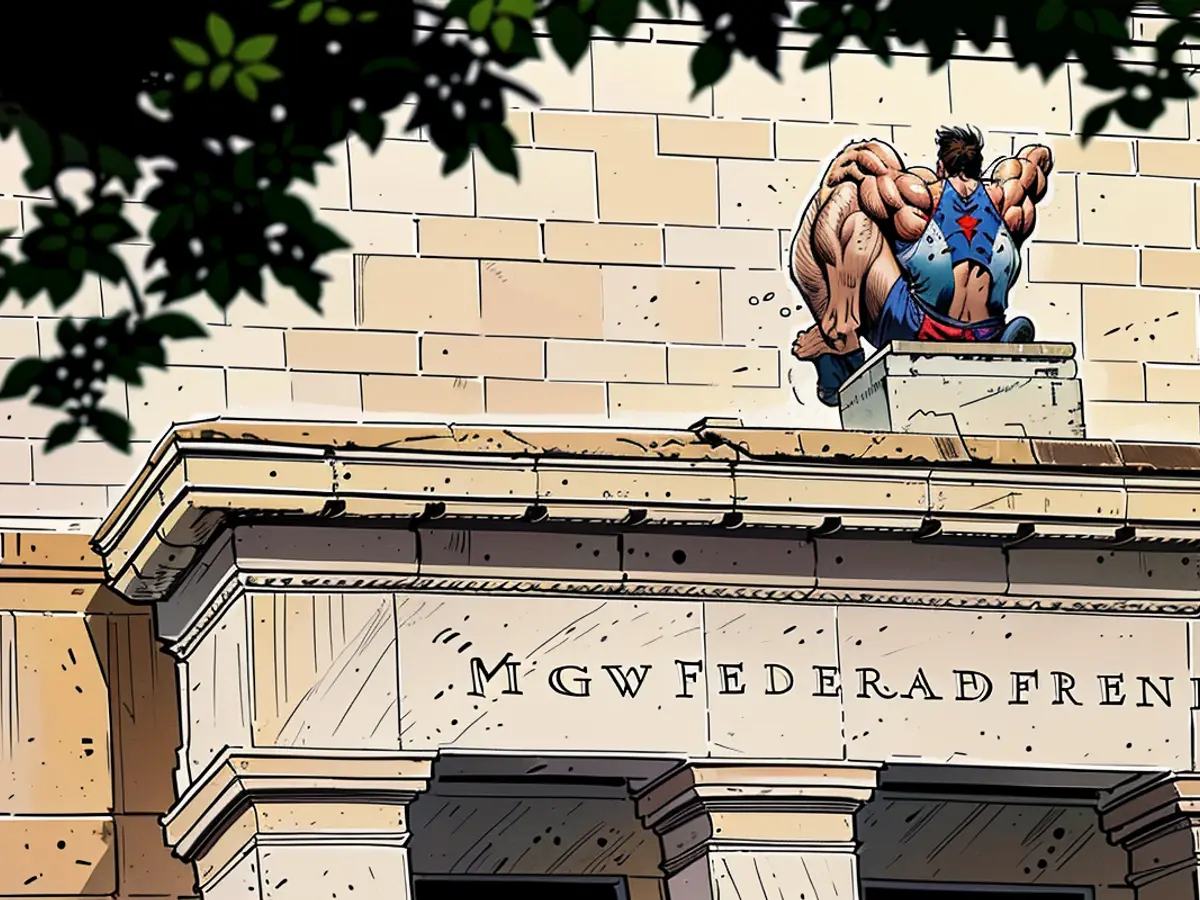- Hamas dismisses the proposed solutions from the recent Gaza peace talks.
Hamas in Gaza dismisses the proposals from the recent round of indirect peace talks with Israel, conducted through intermediaries, regarding a truce in the Gaza conflict. As reported by the mediators following the discussions in Doha last week, "we've concluded once again that Netanyahu is creating hurdles for reaching an agreement," stated Hamas.
This is the first statement from Hamas since the talks, which were attended solely by intermediaries on Thursday and Friday, in Doha, the Qatari capital. Since Hamas did not participate directly, they received information about the outcome from the mediating parties.
Hamas also accused Netanyahu of introducing new demands and conditions to disrupt the efforts of the intermediaries and extend the conflict. Apart from addressing the release of Israeli hostages held by Hamas, the negotiations are being facilitated by Egypt, Qatar, and the USA.
Negotiations to carry on
The new terms, as per Hamas, align with Netanyahu's requirements and deviate from the agreement previously reached by all parties, including Hamas, during the meetings in May. Hamas strongly opposes the idea of a permanent Israeli military presence at significant locations within the Gaza Strip. Particularly, they are protesting Netanyahu's demand for a presence in the Philadelphi Corridor, a narrow stretch of land along Gaza's southern border with Egypt, suspected for weapon smuggling by Hamas.
The talks continue on various levels and might enter a critical phase in the latter half of the week. Meanwhile, US Secretary of State Antony Blinken visited Israel on Monday, meeting with Netanyahu. So far, there are no indications of Netanyahu conceding his stance.
As per Israeli news outlets, a meeting between Netanyahu and his delegates on Sunday turned highly contentious. The intermediaries cautioned dramatically of the likely consequences if Netanyahu insisted on maintaining the Philadelphi Corridor, for fear of it disrupting the intended agreement. Later, Netanyahu's office announced that he would persist in demanding, "the need to stay in the Philadelphi Corridor to prevent armed militant groups from rearming."
The European Union, as a concerned global entity, has expressed its disappointment with the ongoing stalemate in the peace talks between Hamas and Israel, particularly regarding the issue of the Philadelphi Corridor. The continuing negotiations between the parties, facilitated by Egypt, Qatar, and the United States, could significantly impact the Euro-Mediterranean relationships, as the European Union has consistently advocated for a peaceful resolution to the conflict.








